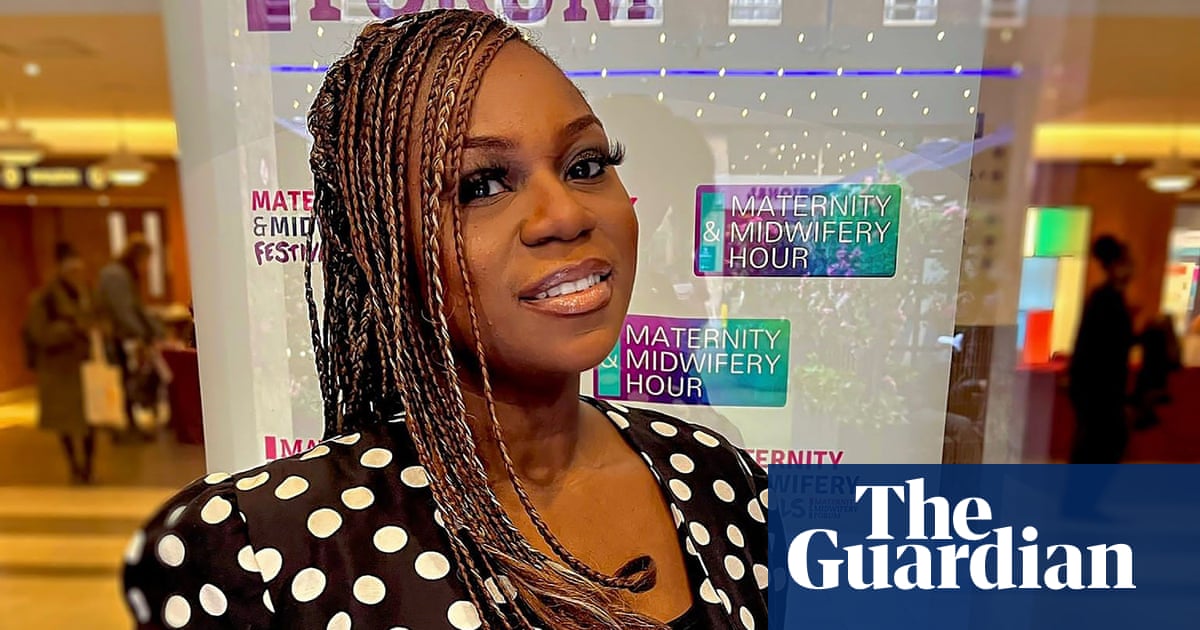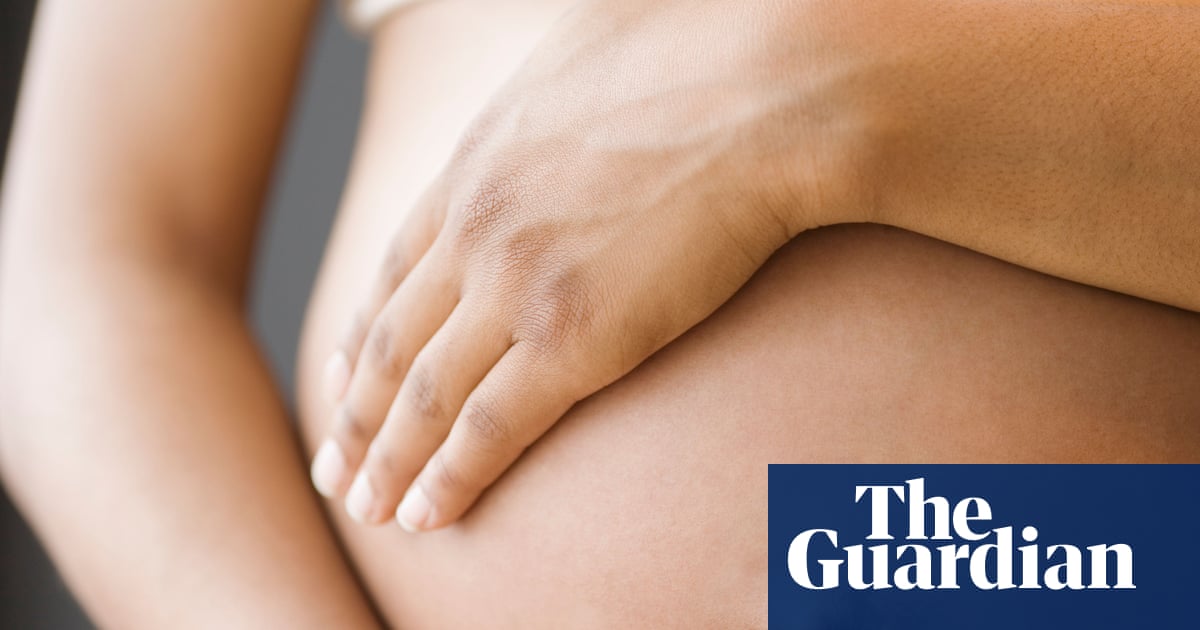
Unconscious bias in the UK healthcare system is contributing to the stark racial disparity in maternal healthcare outcomes, a conference has heard.
The Black Maternal Health Conference UK also heard that black women not being listened to by healthcare professionals was also a contributing factor.
The conference, organised by The Motherhood Group, was arranged to highlight the racial inequality in maternal healthcare and the disparity in maternal mortality between white, ethnic minority and black women in the UK.
Black women in the UK are four times more likely to die in pregnancy and childbirth than white women, according to a report published by MBRRACE-UK (Mothers and Babies: Reducing Risk through Audits and Confidential Enquiries across the UK). Asian women are twice as likely to die in pregnancy or childbirth.
According to the Office for National Statistics, the death rate of black babies before or during delivery sits at 6.9 stillbirths for every 1,000 births registered in 2021, compared with 3.6 for every 1,000 white babies.
Sandra Igwe, who founded the NGO The Motherhood Group in 2016 after the traumatic birth of her daughter, told the PA Media that the event was an opportunity to “bridge the community, stakeholders, professionals, [and] government”, de-stigmatise mental health and bring about change to improve black maternal health.
“There are so many stats – so why wouldn’t we have a whole day’s conference dedicated to addressing these, just scratching the surface of some of the stats?”
Charities and activists have been raising alarm bells about the dangerous consequences of unconscious bias in maternal healthcare for many years. Igwe co-chaired the Birthrights inquiry, a year-long investigation into racial injustice in the UK maternity services, which heard testimony from women, birthing people, healthcare professionals and lawyers and concluded that “systemic racism exists in the UK and in public services”.
The report found that the root of many inequities in maternity outcomes and experiences of black and ethnic minority women stem from a lack of physical and psychological safety, being ignored and disbelieved, racism by caregivers, dehumanisation, structural barriers and workforce representation and culture.
Speakers at the event in London also discussed the need to tackle the inaccessibility of services, lack of data and negative stereotypes about black women to improve black maternal health.
Dr Natalie Darko, associate professor of health inequalities at the University of Leicester said stereotypes that cast black women as “strong” or myths that black women don’t feel pain affects the care they receive. Darko’s three children were delivered in hospital corridors despite her raising concerns about delivering quickly to staff. “I was trying to tell them the baby’s coming and no one [was] listening. They already see you as difficult before you arrive,” she said at the conference.
Other speakers included Stacy Moore, a psychologist, who spoke about the stigmas black women face and how these affect their mental health. “We know that there are narratives that are said about us and said about us that impacts on how we are treated … [black women] don’t really want help. They’re really difficult to reach.
“Actually, these impact on our mental health [and] sense of the world.”
All speakers at the event are from black and minority ethnic backgrounds.
“When I have attended conferences that seek to address health inequalities it’s usually that you don’t see mothers, pregnant women from our communities there,” she told PA Media.
Access to comprehensive postpartum care was also highlighted as a barrier for black women accessing healthcare.
“Black women are disproportionately negatively affected in their pregnancy and postnatal period. We are the least likely to have pain relief.
“Why are we reporting that we’re the least likely to feel like we’ve been treated with kindness, care and respect? Why are we the most likely to have complications and die as a result of our pregnancy? Why are we the most likely to have postnatal depression but the least likely to have access to care or follow-up treatment?” she said.
England’s chief midwifery officer Prof Jacqueline Dunkley-Bent sent a video message, which was played at the conference. In the video posted on The Motherhood Group’s Instagram story, she said: “We have much to do to ensure equity for all.”











